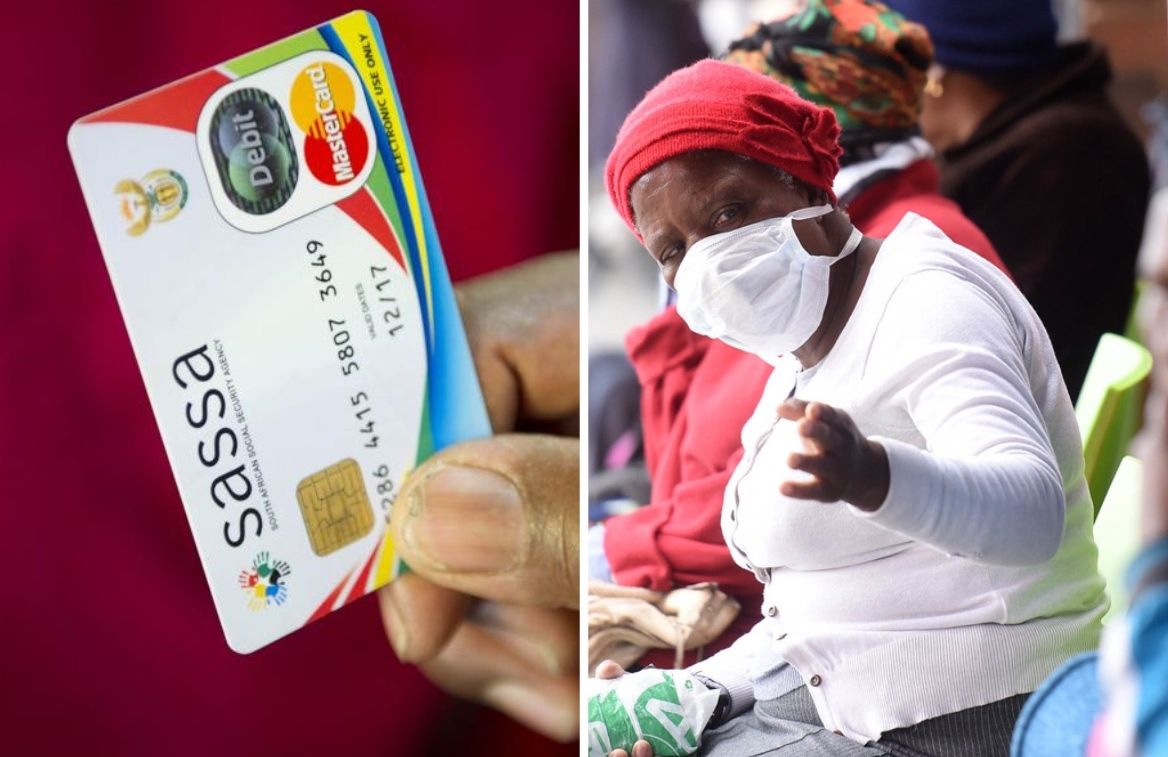Yesterday, the Gauteng High Court ruled that residents excluded from SASSA grants since 2023 have been treated ‘unlawfully’. Under former minister Lindiwe Zulu, the South African Social Security Agency introduced strict regulations in 2023 that limited access to the R370 Social Relief of Distress (SRD) grant.
Now, in a landmark judgment handed down yesterday (Thursday 23 January 2025), the High Court ruled the regulations “unconstitutional and invalid,” reports The Citizen. But what does this mean for monthly SASSA grant recipients? And when will the rules and regulations change?
EXCLUDED FROM SASSA GRANTS
Following National Treasury’s concerns that the uptake of social welfare in South Africa was too high, SASSA instigated new rules to limit SRD eligibility. And, last year, social advocacy groups – #PayTheGrants and Institute for Economic Justice (IEJ) – sued the Department of Social Development (DSD). Social welfare is currently South Africa’s second highest draw on taxpayer money, after annual debt servicing. More money goes to social welfare than health care or education.
Among many arguments made by the advocacy groups, it contended the term ‘income’ was too broad. Millions of impoverished residents were being excluded from SASSA grants for receiving outside funds from friends and family, which was considered income by the agency. Judge ML Twala’s scathing assessment was that SASSA and the Department of Social Development (DSD) were, “oblivious to human suffering and indignation” caused by their inefficiencies.
LANDMARK RULING
Furthermore, Judge Twala declared SASSA grants unconstitutional because applications could only be lodged on the SRD electronic platform. He recommends remedying the regulation so that SRD grants be made at the offices/branches of the agency, too. Moreover, Twala said the DSD provided no explanation why R370 SRD grants were below the food poverty line (R760), if their sole purpose is to alleviate hunger and poverty. Plus, the court ruled that ‘financial support’ received on a regular basis does not automatically constitute ‘income’.
As a result, the embattled new Minister of Social Development, Sisisi Tolashe, must deliver an updated plan to the High Court on how she will remedy the situation in four-months time (Thursday 22 May 2025). As we’ve reportedly previously, approximately 18-million impoverished residents apply for SRD each month. And barely half of them are approved by the system. Therefore, Twala described it ‘unfathomable’ that a verification process excluded from SASSA grants as many as 9-million needy people.
HOW TO APPLY FOR SASSA SRD IN 2025
By law, SRD is open to South African citizens, refugees, asylum seekers and special permit holders aged between 18 and 60. Anyone who earns less than R595 per month, does not receive another social grant, or who is not eligible for UIF payment, and therefore has no financial support from any other source, is eligible. You apply like so:
- Download and complete the DECLARATION and CONSENT forms from SASSA. (download at the links).
- Click the highlighted link if you’re a South African citizen.
- Or click on this one if you’re a foreign national.
- Supply your personal details like name and identity document.
- Input your mobile phone number.
- Provide all your employment and lifestyle sustainability information
- Type in your banking details to receive your monthly SRD grant.
- Complete biometric verification through a smart device https.
DO YOU THINK SASSA IS BEHAVING UNCONSTITUTIONALLY?
Let us know by clicking on the comment tab below or by emailing info@thesouthafrican.com. Or WhatsApp your thoughts on this article to 060 011 0211. Don’t forget to follow The South African for the latest FREE-to-read content.
